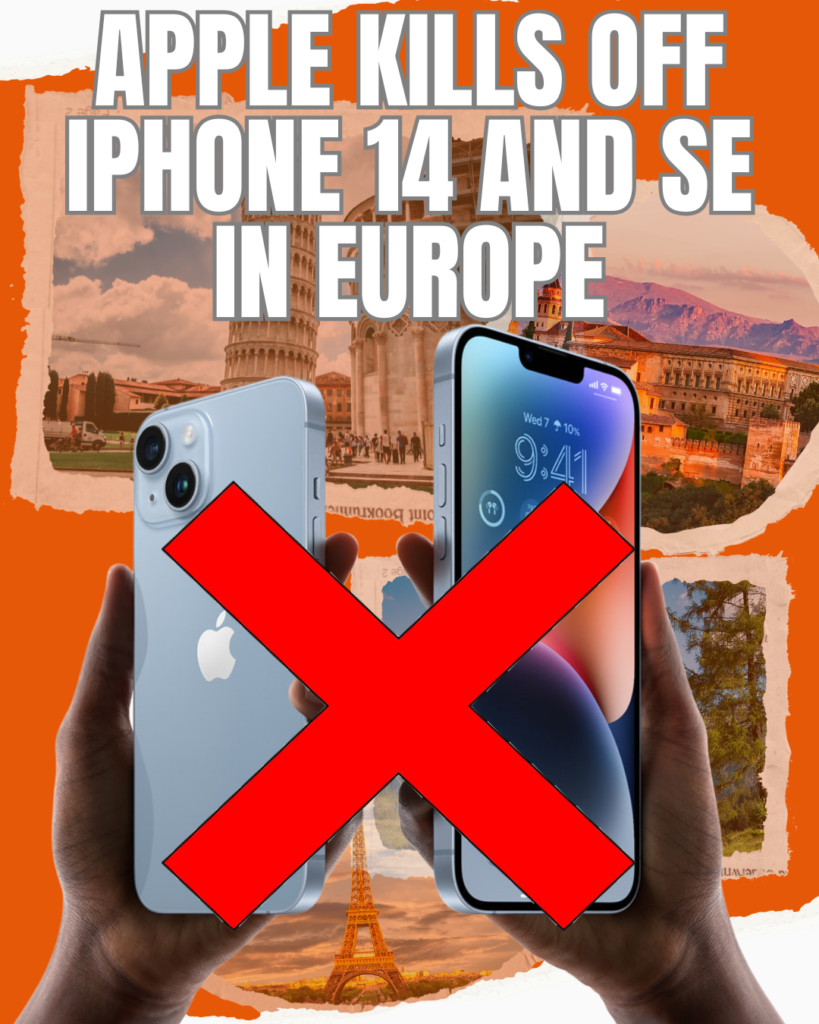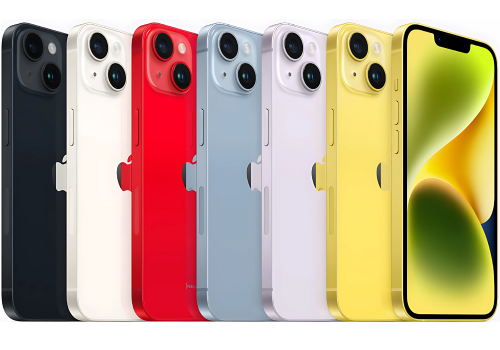
Apple kills off iPhone 14 and SE, to meet EU USB-C deadline
Due to strict European Union (EU) regulations, company will block sale of iPhone 14 series and iPhone SE (3rd generation) models throughout the EU from December 28, 2024 The move is part of the European Union directive of 2022 which required all phones and a few gadgets sold in its 27 member states to have USB-C ports in an effort to cut down on electronic waste. Consequently, Apple is gradually discontinuing its devices with Lightning ports to align with this regulation.
From Lightning to USB-C
Click here to read more about just how well the Lightning connector has fared Thus, as Apple used to describe the Lightning connector which was introduced in 2012 with the iPhone 5, it is a proprietary design which many were able to appreciate for both its convenience and compactness. But the EU regulation forced Apple to adopt the more general USB-C standard, resulting in the launch of the iPhone 15 series with USB-C. This transition was ushered in by the iPhone 15, but that doesn’t mean older models like the iPhone 14, iPhone 14 Plus or iPhone SE are compliant because they come with, you guessed it, Lightning ports.
This modification is significant for the way Apple operates, as it means the company’s charging standards are finally in line with industry-wide practices. Although consumers will be happy to see standardization, that means losing old friends, because those models are still popular with consumers due to price and features.

Affected Areas and Clearing Existing Inventory
From December 28 onward, sales of the Apple IPhone 14 and SE will cease at Apple Stores in the EU. Switzerland, which aligns its laws closely with those of the EU, could restrict these models even sooner, potentially as soon as Dec. 20. Northern Ireland, while part of the U.K., is also affected — because of its compliance with some EU trade rules.
Apple has clarified that while it would no longer offer IPhone 14 and SE in its stores, it would not prevent third-party retailers from continuing to sell them until they were sold out. This creates a limited-time opportunity where customers can scoop up these models before they disappear from the market place.
What Comes Next?
Users disappointed at the potential loss of the iPhone 14 and SE (3rd generation) in the EU, might be able make up for it with Apple’s future lineup. The company is expected to release the iPhone SE (4th generation) in spring 2025 — a cheaper alternative that, on the outside, looks like the iPhone 14 but would include a USB-C port and other enhanced features, such as an edge-to-edge display and upgraded cameras.
For those still using Lightning-based devices, this is a great time to stock up on accessories such as cables and adapters before they become unavailable.
Broader Implications of the EU Regulation
The EU’s USB-C law is not Apple-specific The aim is to enable interoperability and to prevent wastefulness caused by proprietary chargers. Apple hasn’t only had to meet these demands by regulators, however; regulators have also has additional demands for Apple to comply with, such allowing third-party app stores and more inclusive NFC access. Although the company has evolved alongside these changes, it has directed many of them to the EU to the exclusion of its usual policies elsewhere.

The End of an Era
The phasing out of these Lightning port devices signals the beginning of the end of Apple’s proprietary connector, as the company moves towards a more unified and sustainable tech ecosystem. So by the time the iPhone 14 and SE are scheduled to be retired worldwide at the end of 2025, the Lightning port will technically be a curiosity from a gone age.
Conclusion
The way Apple is meeting the EU’s deadline to switch to USB-C speaks volumes about the potential of regional regulations and how they can shape practices for global tech companies, as well as the idea that working to universal standards makes sense for all parties involved. The iPhone 14 and SE will not be offered to EU customers, but their successors promise a brighter and more connected future.
As we start a new chapter, with some of the new devices like the iPhone 15 and future iPhone SE (4th generation) devices being USB-C powered, apple users will have a seamless transition to the USB-C world.

